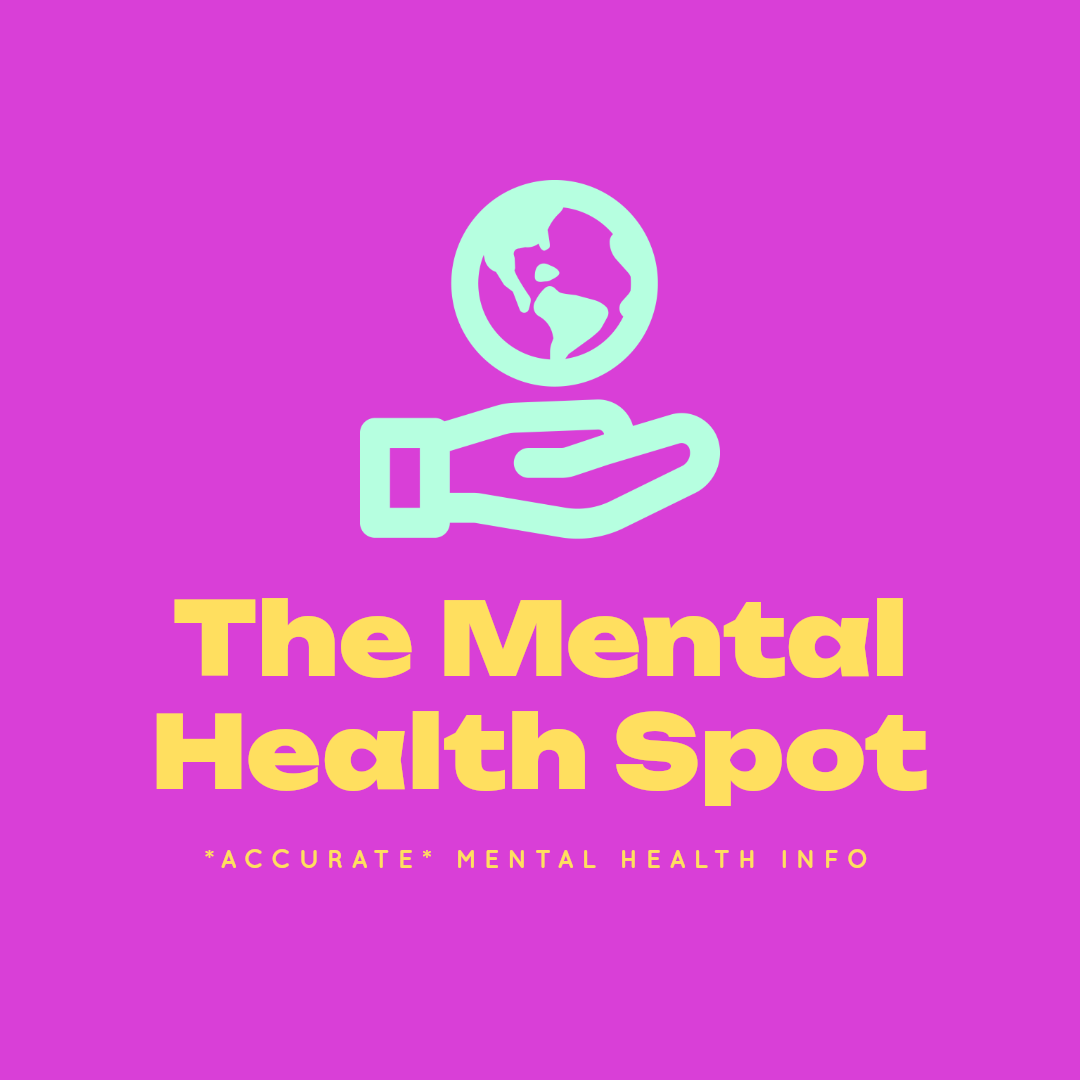The words “therapy” and “diagnosis” can conjure up a lot of images when talking about mental health. However, diagnosis and therapy can both be powerful tools in bettering your mental health and getting help. We interviewed Mary Tate, LCSW from Tate Psychotherapy to demystify these terms and answer common questions about therapy and diagnosis.
Questions answered in this article:
- What is a mental health diagnosis and how is it made?
- Do you need a mental health diagnosis?
- Should you self-diagnose?
- What are the types of therapy and what are their purposes?
- How do I find affordable mental health help?
What is a mental health diagnosis and how is it made?
A mental health diagnosis is a form of defining a mental health issue for a variety of purposes. Diagnosis assesses the severity of a mental health issue and how it affects the individual’s everyday life. Diagnosis is not only about defining the issue for the individual in therapy or treatment, it also helps cover therapy and correlating treatments under health insurance, which can decrease costs. Professionals also use diagnosis to get a sense of how to create and apply treatment guidelines for a client. Finally, diagnosis can be a relief for the individual experiencing it because it can define, validate, and contextualize the issue.
Diagnoses are made using the DSM-5, or the Diagnostic and Statistical Manual of Mental Disorders, fifth edition (update published in 2013). The DSM-5 outlines a variety of symptoms and disorders, taking into consideration the quality of life, how symptoms impact everyday life, and the severity of the symptoms. In short, a diagnosis is made based on the severity and frequency of symptoms. For example, everyone experiences anxiety. Anxiety is a normal response to certain situations and is a human state. But in order to have a diagnosis of anxiety, an individual must experience anxiety in a way where it actively impairs their quality of life.
Do you need a mental health diagnosis?
Diagnosis is used for three reasons: defining the issue for the individual, contextualizing the treatment procedure for the mental health professional, and getting coverage for mental health treatment under your health insurance. Having one can help in one or all of these areas.
Should you self-diagnose?
Self-diagnosis has become a rising trend with the rise of social media. “Learning information is never bad. A beautiful thing about social media and TikTok is that you’re able to go on and find content and be like “Oh my gosh, I struggle with that too,” Tate says. But self-diagnosis doesn’t always account for all the factors. Triggers and external factors can often be taken as a symptom, and you may not have all of the information on a diagnosis. However, it is important to do your research on mental health conditions and to advocate for yourself. If you think you might have a condition, bring it up to a professional after doing your research.
Is social media a good place to find mental health information?
Like all places, social media has good information and more dubious information. This is not to say that social media only has bad information, but that you should be careful about the mental health information you find. Make sure to vet all of your sources. In addition, considering reputation and cross-referencing information can be helpful in ensuring you are getting good information.
What are the types of therapy?
There are many types of therapy. Some of the common types are cognitive behavioral therapy, dialectical talk therapy, and various movement-based therapies. Cognitive behavioral therapy, or CBT, is a type of therapy that focuses on how behaviors are affected by thoughts and feelings and vice versa. Dialectical Behavioral Therapy is a type of talk therapy that focuses on increasing distress tolerance through mindfulness and emotion regulation. Movement-based therapies can come in many forms, but often include connecting to the body to better mental health. There are many more types of therapy, and this is by no means an exhaustive list. Therapy techniques will often be suggested depending on the specific condition or issue that person is experiencing, and will vary depending on a variety of factors.
How do I find affordable mental health help?
Here are some resources and tips recommended by Tate on finding affordable mental health help.
- Open Pac Collective
- Teaching hospitals or schools
- Negotiate with a private practice
- Group therapy
- School resources
Final thoughts:
Mental health diagnoses are used for treatment, insurance, and identifying symptoms. They are made using the DSM-5 and with regard to the symptoms and their severity. While self-diagnosis can miss crucial pieces of information, learning and exploring new information is never bad, and you should be an advocate for your own mental health needs. Just make sure to check the sources of your information. There are many types of therapy, such as Cognitive Behavioral Therapy and Dialectical Behavioral Therapy. If you need resources for affordable mental health help, please check the resources page.
